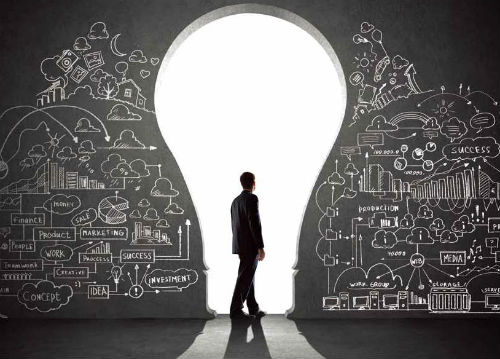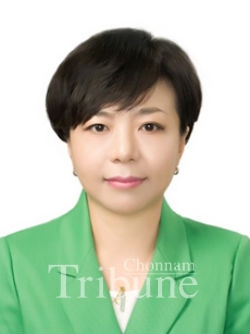
You may have heard it said that we are standing in the midst of the Fourth Industrial Revolution. The term, ‘Industrial Revolution’, began to be widely used after Arnold Toynbee, a British economic historian, mentioned it in the late nineteenth century. Each order, such as the first, the second, the third, and the fourth, tells us revolutionary changes throughout the era.
Revolutionary Changes
The First Industrial Revolution opened the era of mechanical production driven by steam engines. The Second Industrial Revolution was the introduction of electricity to mass production. The Third Industrial Revolution called the digital revolution is characterized by information and communication technologies, leading automated production and opening the era of the linked world. So, will the Fourth Industrial Revolution lead us to another new world?
Klaus Schwab, founder and executive chairman of the World Economic Forum (WEF), proposed the Fourth Industrial Revolution in WEF 2016, which attracted the attention of the world, and quickly became a big issue in Korea. Nowadays, we can easily find lots of news about technologies which can lead the Fourth Industrial Revolution such as AI (Artificial Intelligence), Robots, IoT (Internet of Things), and Big Data. So, will the Forth Industrial Revolution be a new growth engine in Korea? Before answering this question, let’s look at the main difference between the Fourth Industrial Revolution and the Third. Although the Fourth Industrial Revolution is building on the Third, the digital revolution, there is a difference in a fusion of technologies that is blurring the lines between the physical, digital, and biological spheres. Furthermore, the velocity, the scale, the scope, and the impact of the Fourth Industrial Revolution will be more than what we can expect, and faster and bigger than the Third that we have experienced.
New Human-centered Job Ecosystem
This is what we have to note. It took decades for the essence of the era to be defined for each of the Revolutions. However, the Fourth Industrial Revolution, in fact, has been named before it has been completed. The Fourth Industrial Revolution is currently underway, and there are rosy views over it. Behind expectations of the new changes, there is something that we should not overlook. Despite the potential for new growth engines by the Fourth Industrial Revolution, there are shadows behind them. They will undoubtedly come with disruptive changes in the labor market. The vast disappearance of the labor market and deepening social inequality due to it are predicted. Therefore, it is an important dispute that it is impossible to build a stable industrial ecosystem by understanding the Fourth Industrial Revolution just as a technology-focused revolution.
In order for the Fourth Industrial Revolution to function as true growth engines for the future, new human-centered jobs should be rapidly created. A wide range of new occupations that cannot be replaced by machines to serve human culture and welfare should emerge, and the technological advances and convergence networks of the Fourth Industrial Revolution should be made for the new job ecosystem. The new government puts forward the resolution of the job problem as a top priority. From a long-term viewpoint, the fundamental solution to this problem will be in the education system.
The Transformation of Pedagogy for Future Generations
The Fourth Industrial Revolution urges us to think creatively and integrally. Meanwhile, the future of education emphasizes the immense need to look beyond these areas and to prepare the coming workforce for the challenges ahead. Traditional education has contributed greatly to the current levels of industrial evolution and technological advancement. However, in order for higher education to deliver future generations with the right set of skills and knowledge, a question has to be asked about how higher education institutes would be affected and how they would be transformed by the Fourth Industrial Revolution. MOOCs (Massive Open Online Courses), in which anyone with a computer, regardless of age, location or education background can join, have been regarded as a dominant force in the transformation of pedagogy. MOOCs are becoming increasingly popular and rapidly spreading in combination with traditional education systems in the world. Combining the strength of traditional higher education with the increasing trend of MOOCs represents necessary steps to scale quality in education, in order for online learning not to become simply learning. Above all what we need now is to shape the role of humans and establish the direction of education in the future.
It is predicted that the future industrial structure will shift from enterprise-centered to individual-centered. In the near future individuals will no longer be the individuals that we know. A new world in which the creativity and the potential of an individual will be able to surpass the capability of a company decades ago may soon come, as we are carrying a computer in our pocket, far outperforming the computers that NASA scientists might have used in the past as a result of the Third Industrial Revolution. The era of the Fourth Industrial Revolution is no longer a distant future. That is the reason why we cannot delay the social investment in human beings to the far future any longer.

Kim Eun-hee
Associate Professor
Faculty of Business Administration

